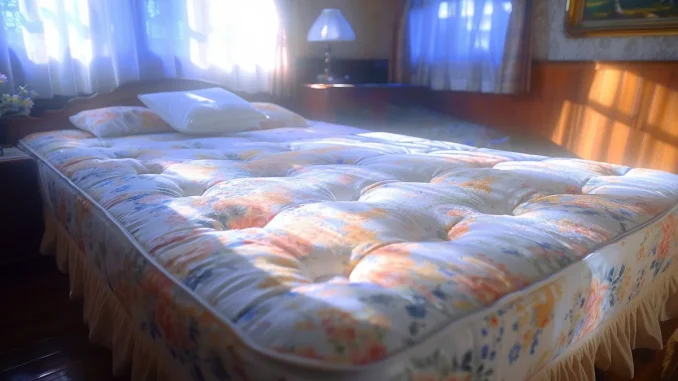
Brooke stood in her late grandfather’s bedroom, the scent of old books and pipe tobacco stirring bittersweet memories. She was truly alone now—her parents had died years ago, and Granddad Charles was gone too.
As she began sorting through his things, her curiosity drew her to the bed he always kept off-limits. Lifting the mattress, she found a leather-bound journal, old clippings, and photos—evidence of her grandfather’s private investigation into her parents’ supposed accident.
Turns out, it wasn’t an accident at all. A wealthy man, Mr. Johnson, had been driving drunk. Officer Parker let him go at a checkpoint, and the crash was covered up. Granddad had suspected foul play and spent years gathering proof.
Fueled by grief and determination, Brooke took the files to a local newspaper. The editor was skeptical—until she laid out the facts. “This is explosive,” he said. “But going public won’t be easy.”
“I’m ready,” she replied. “They don’t get to bury the truth anymore.”
The story made front-page news. The community erupted. The police were forced to reopen the case. Under pressure, Officer Parker admitted it: Mr. Johnson’s family used influence to hide the truth.
Despite smear attempts, the public stood by Brooke. More families shared similar stories, exposing deep-rooted corruption. Eventually, Mr. Johnson was taken to court.
Brooke testified, honoring her grandfather’s work. When offered a settlement, she refused. “No more hush money.”
The trial ended with a guilty verdict. Mr. Johnson was sentenced. Corrupt officers were fired, and new accountability policies were introduced.
Justice, finally, was served. Brooke, no longer just grieving, found new purpose: to fight for others, just as her grandfather had fought for her.
Leave a Reply